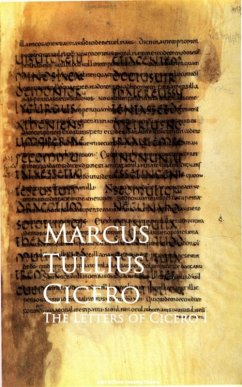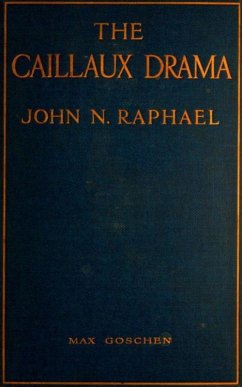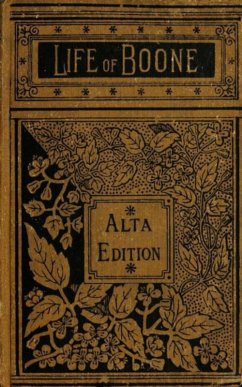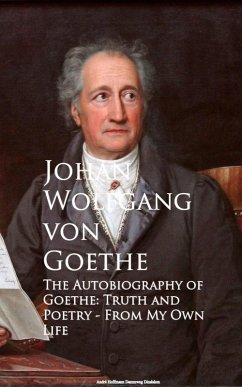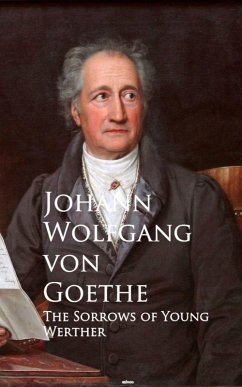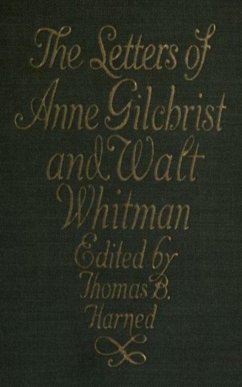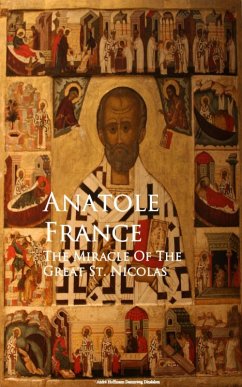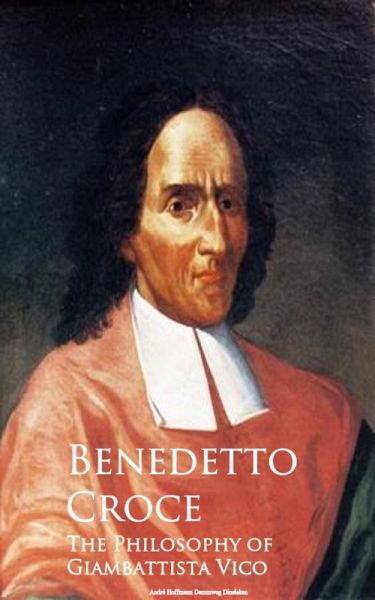
The Philosophy of Giambattista Vico (eBook, ePUB)
Versandkostenfrei!
Sofort per Download lieferbar
0,99 €
inkl. MwSt.
Weitere Ausgaben:

PAYBACK Punkte
0 °P sammeln!
My reasons for believing that a new exposition of Vico's philosophy is required may easily be inferred from the observations on the effects of his work and the biographical notes which form respectively the second and fourth appendices to this volume. Here I merely wish to state that my exposition is not meant for a summary of Vico's writings work by work and part by part. It rather presupposes an acquaintance with these writings, and, where that is lacking, is intended to induce the reader to procure them in order to follow better and to check the interpretation and estimate of them here offe...
My reasons for believing that a new exposition of Vico's philosophy is required may easily be inferred from the observations on the effects of his work and the biographical notes which form respectively the second and fourth appendices to this volume. Here I merely wish to state that my exposition is not meant for a summary of Vico's writings work by work and part by part. It rather presupposes an acquaintance with these writings, and, where that is lacking, is intended to induce the reader to procure them in order to follow better and to check the interpretation and estimate of them here offered. On this supposition, though I have made free use of my author's actual words, especially in the chapters dealing with history, I have not thought it desirable to mark them as quotations except where it was important to emphasise the precise phrase of the original. I have in general combined such passages from fragments scattered over a wide field, sometimes abbreviating, sometimes amplifying, and always freely adding words and phrases of my own by way of commentary: and the continual use of quotation marks would merely have shown up in a manner more wearisome than valuable the reverse side of my embroidery, which any reader who so desires can study by the help of the references given at the end of the book. In my anxiety to show in every detail of my work, so[Pg viii] far as I could, the veneration due to the great name of Vico, I have endeavoured to be brief with the brevity at which he himself aimed as the hall-mark of sterling scientific thought. With this in view I have refrained even from controversy with his various interpreters, and have either contented myself with mere remarks, or more often left my details to be justified by the coherence of my view as a whole.
Dieser Download kann aus rechtlichen Gründen nur mit Rechnungsadresse in A, B, BG, CY, D, DK, EW, E, FIN, F, GR, H, IRL, I, LT, L, LR, M, NL, PL, P, R, S, SLO, SK ausgeliefert werden.





